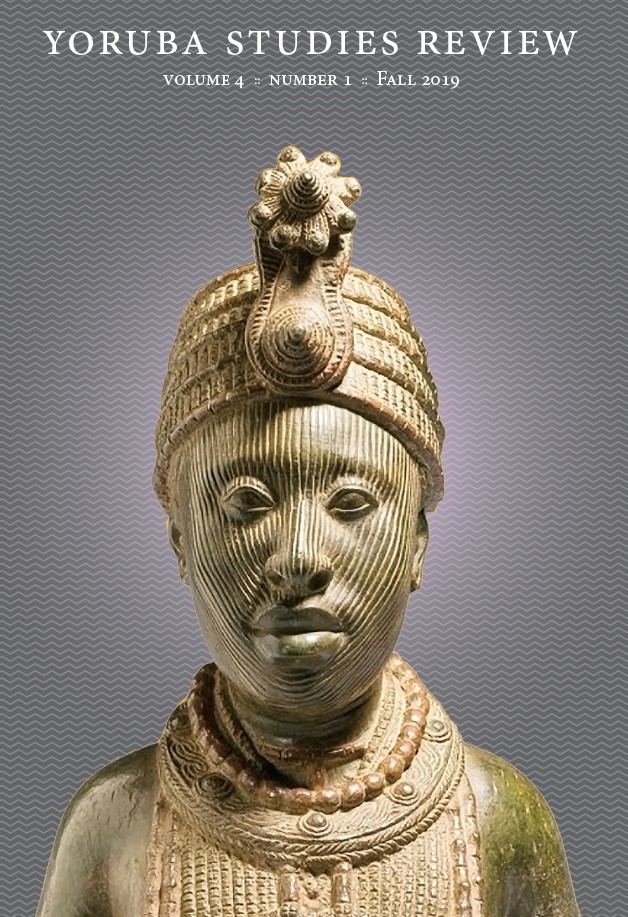Abstract
Diasporic communities, as geographies of national cultures abroad, are central to cultural hybridity as new cultures emerge when migrants intersect with their host communities. They have also been construed by national governments as informal trajectories for continuities of economic and diplomatic relations. This study examines the cultural intersectionality of the Yoruba and Chinese diasporic communities by situating the points of convergence for normative ethics within the Yoruba – Chinese sociocultural experiences as cross-cultural templates for diasporic spaces serving to consolidate official national partnerships. The study explores case studies from performances of the Chinese Ru tradition, founded on three basic virtues of ren, yi and li, and juxtaposes them with Yoruba ethical equivalents of ṣ’ènìyàn (humaneness), òdodo (righteousness) and ìwà-ètọ́ ̣(propriety) as prerequisites for qualifying as omo ̣ lúàbí ̣ . The study contends that these ethical codes, retained in diasporic communities through family traditions, music and theatre, are viable templates for smooth Nigeria-China relations in building the proposed community of shared future within the context of the Belt and Road Initiative (BRI).

This work is licensed under a Creative Commons Attribution-NonCommercial 4.0 International License.
